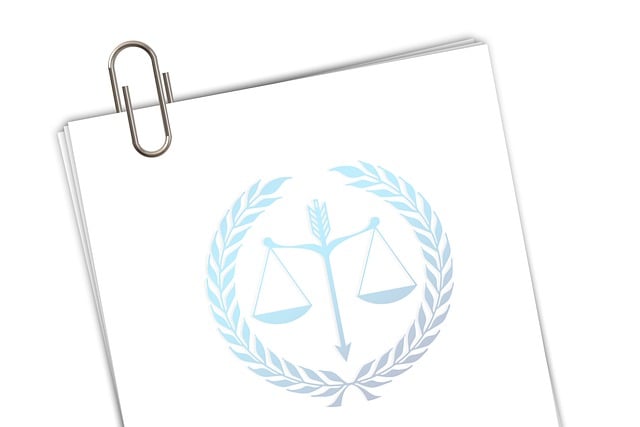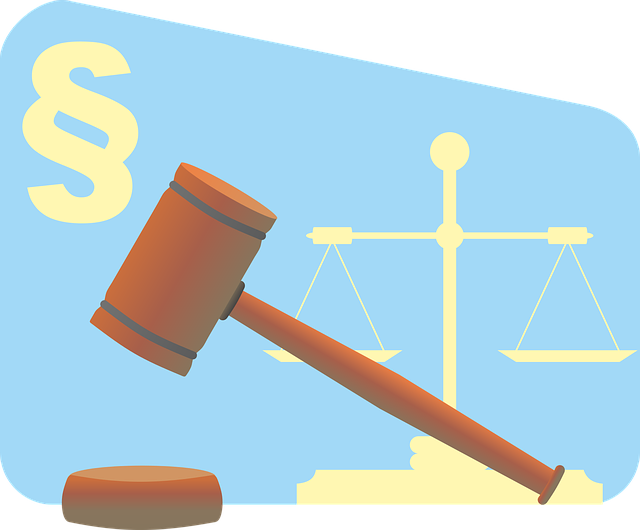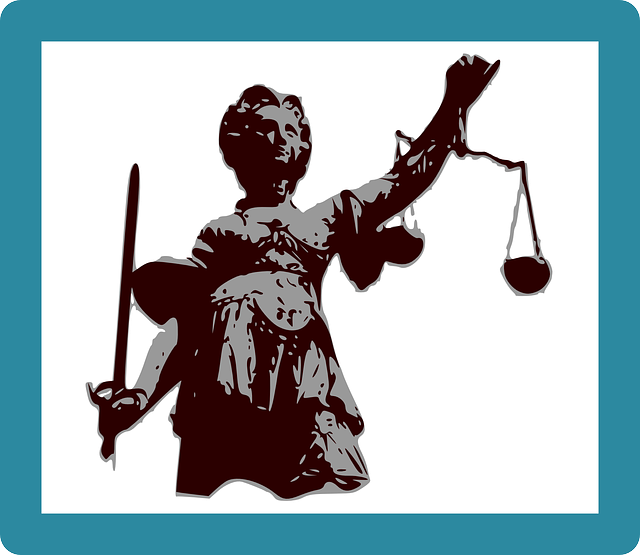Understanding legal frameworks and jurisdictions is crucial for C-Level investigations. The Steps in Administrative Law Proceedings offer a strategic roadmap for navigating complex regulations, ensuring due process, and aiming for charge dismissal. Initial steps include defining scope, gathering evidence through interviews and record reviews, and interpreting findings based on context, intent, and impact. Meticulous documentation and adherence to legal protocols ensure fairness, transparency, and accountability, helping organizations avoid indictment while upholding reputation and compliance standards.
In recent years, C-Level investigations have gained prominence as essential steps in administrative law proceedings. This article delves into the intricate process of these high-stakes inquiries, offering a comprehensive guide on navigating complex legal frameworks and jurisdictions. From evidence gathering to interview strategies and document review, we explore critical stages in administrative investigations. Additionally, we dissect findings, present cases, and recommend actions, providing valuable insights for organizations facing these challenges.
- Understand Legal Framework and Jurisdiction
- Initiate Investigation: Evidence Gathering
- Conduct Interviews and Document Review
- Analyze Findings: Compliance or Violation
- Present Case and Recommend Actions
Understand Legal Framework and Jurisdiction

Understanding the legal framework and jurisdiction is a foundational step in any C-Level investigation. Companies must navigate complex regulatory landscapes to ensure compliance with laws governing corporate conduct, employment practices, and financial reporting. This involves a deep dive into relevant statutes, regulations, and case law that dictate the boundaries of acceptable behavior. Knowing which court has jurisdiction—whether it’s federal, state, or international—is crucial for strategic decision-making throughout the investigation process.
The Steps in Administrative Law Proceedings provide a roadmap for companies facing scrutiny. These proceedings often lead to significant consequences if violations are found, so a thorough understanding of due process rights and legal remedies is essential. With an unprecedented track record of achieving extraordinary results in similar cases, experienced legal counsel can guide companies through this labyrinthine process, aiming for complete dismissal of all charges where applicable.
Initiate Investigation: Evidence Gathering

When initiating an investigation under C-Level, a structured approach is crucial to ensure the accuracy and integrity of evidence gathering. The first step involves identifying the scope and objectives of the inquiry, which requires meticulous planning based on the specific allegations or concerns at hand. This initial phase demands careful consideration of all relevant facts and potential sources of information, setting the foundation for the entire administrative law proceeding.
Effective evidence gathering involves a systematic process that navigates through various stages. It entails reviewing existing records, documents, and databases to uncover pertinent data. Interviews with key personnel, witnesses, or stakeholders may be conducted to gain firsthand insights. Additionally, leveraging advanced data analytics techniques can facilitate the identification of patterns or anomalies indicative of potential misconduct. This comprehensive approach, coupled with a meticulous documentation process, ensures that every aspect of the investigation is thoroughly explored, ultimately leading to achieving extraordinary results and upholding organizational integrity throughout all stages of the investigative and enforcement process.
Conduct Interviews and Document Review
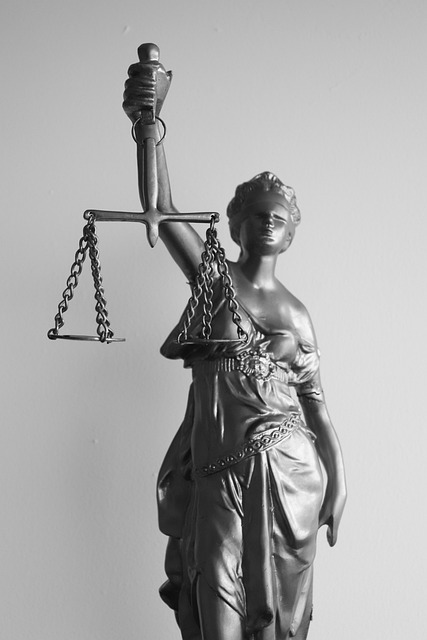
When launching C-Level Investigations, a meticulous approach is crucial. The initial steps involve conducting interviews and reviewing documents, which serve as the foundation for the entire process. This phase is critical in gathering essential information and evidence related to potential misconduct or legal violations, especially in complex cases of white collar and economic crimes.
Interviews provide insights into individuals’ knowledge, intentions, and conduct, while document review uncovers relevant facts and context. These steps are integral to the steps in administrative law proceedings and help shape the narrative for subsequent stages, ensuring a comprehensive understanding of all stages of the investigative and enforcement process. The strategic collection and analysis of data during this period are vital to building a robust case and facilitating effective general criminal defense strategies.
Analyze Findings: Compliance or Violation
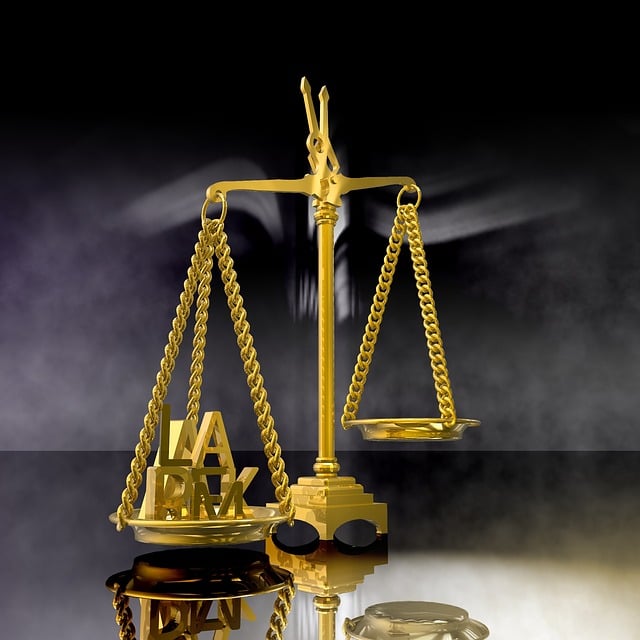
After gathering and analyzing all relevant evidence, the next crucial step in administrative law proceedings is to interpret the findings. This involves a meticulous review of the data to determine whether the actions in question comply with established regulations or constitute a violation. The process demands a deep understanding of the legal framework governing the specific industry or sector under scrutiny. Legal experts will examine the context, intent, and potential impact of the actions, comparing them against set standards and precedents.
This critical analysis is essential to ensure fairness and consistency across administrative investigations nationwide. An unprecedented track record of successful cases in diverse fields, from environmental regulations to corporate governance, showcases the expertise of these C-Level investigations. This approach not only holds individuals and organizations accountable but also fosters transparency and integrity within the business landscape, resonating with both philanthropic and political communities.
Present Case and Recommend Actions
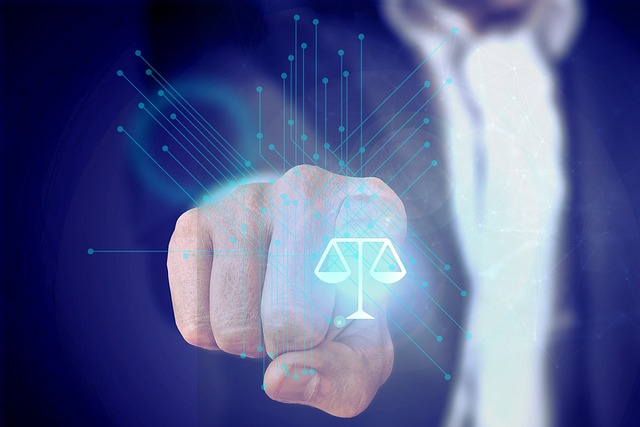
In the context of C-Level Investigations, the current case underscores the importance of meticulous documentation and adherence to legal protocols at every stage. The goal is not merely to avoid a complete dismissal of all charges but also to ensure fairness and due process for the individuals under scrutiny. Therefore, it’s crucial to follow the steps in Administrative Law Proceedings, including comprehensive documentation of evidence, fair hearings, and transparent communication with all parties involved.
Recommending actions should focus on proactive measures to foster transparency and accountability. This includes establishing clear guidelines for internal investigations, ensuring adequate training for investigators, and maintaining a robust system for recording and preserving evidence. By adhering to these practices, organizations can navigate the complexities of these inquiries effectively, aiming not just to avoid indictment but also to uphold their reputation and compliance standards.
C-level investigations require a meticulous approach, adhering to legal frameworks and jurisdiction. By following structured steps, including evidence gathering, interviews, document review, findings analysis, and recommended actions, organizations can effectively navigate complex administrative law proceedings. This process ensures compliance, mitigates risks, and fosters transparency, ultimately leading to stronger corporate governance.



